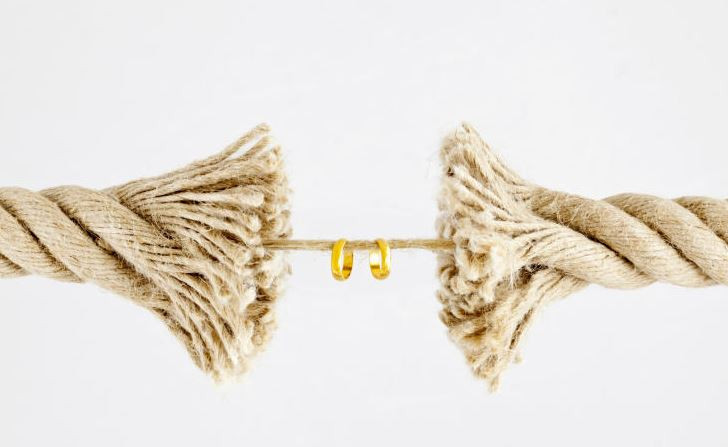×
The Standard e-Paper
Smart Minds Choose Us

A few months ago, a list of what constitutes a Kamba dowry payment surfaced online, eliciting hilarious reactions. Among other things, the girl's parents wanted 20 litres of traditional brew, 84 goats, 12 cows, four chunks of unripe bananas and eight crates of beer.
Nothing wrong with such requests, many thought, since many communities have similar requests to the prospective groom's family. However, it was the monetary part of the dowry that cast the girl's family as materialistic.